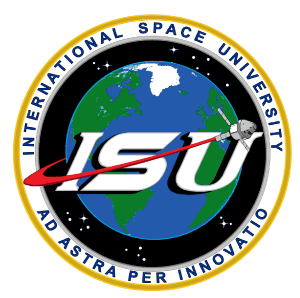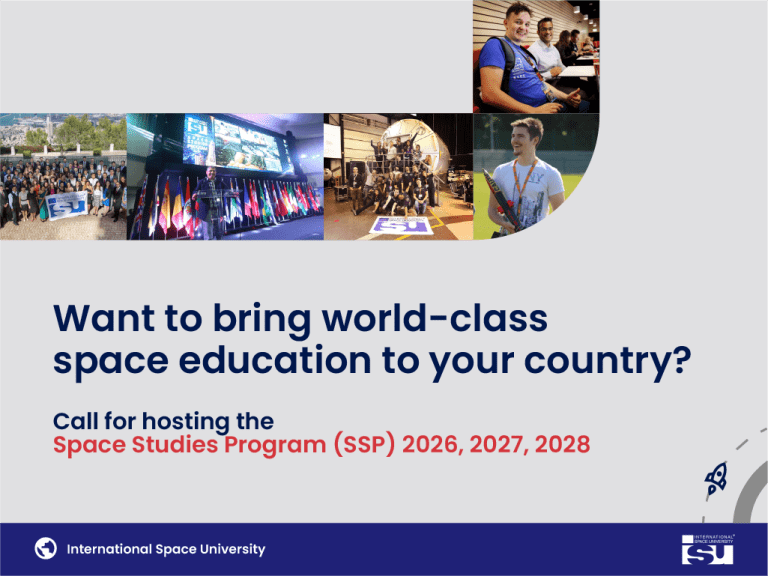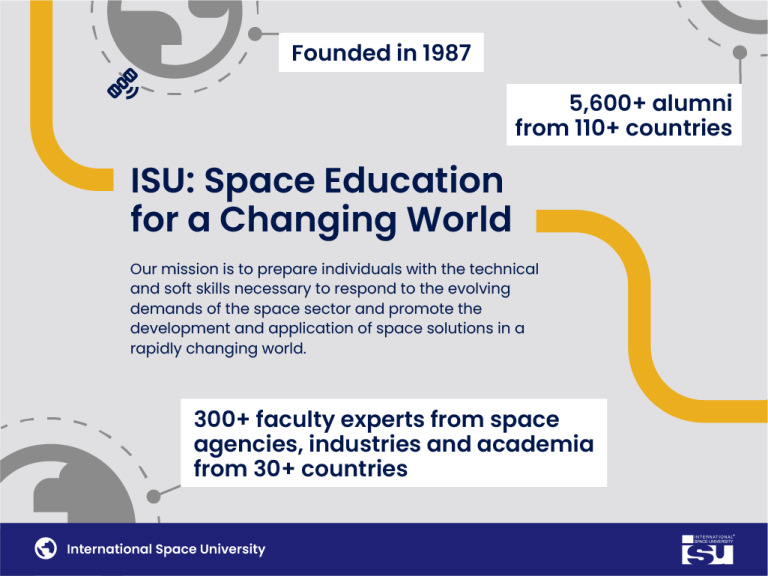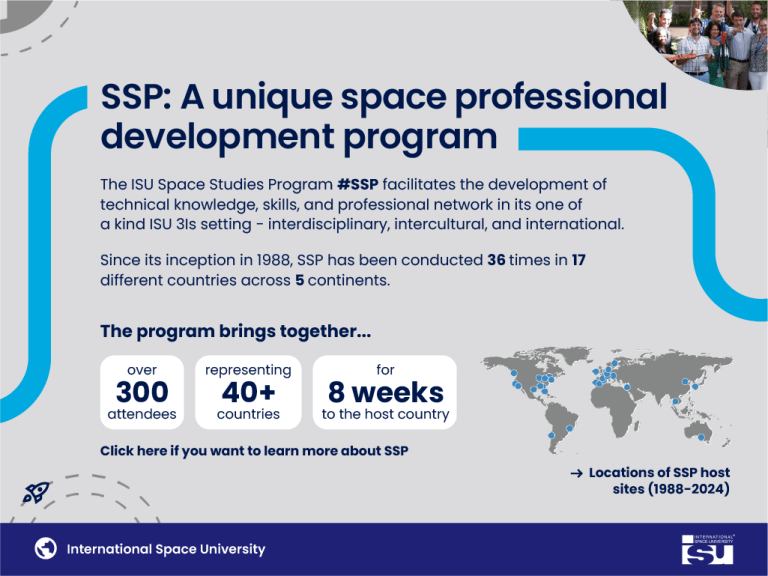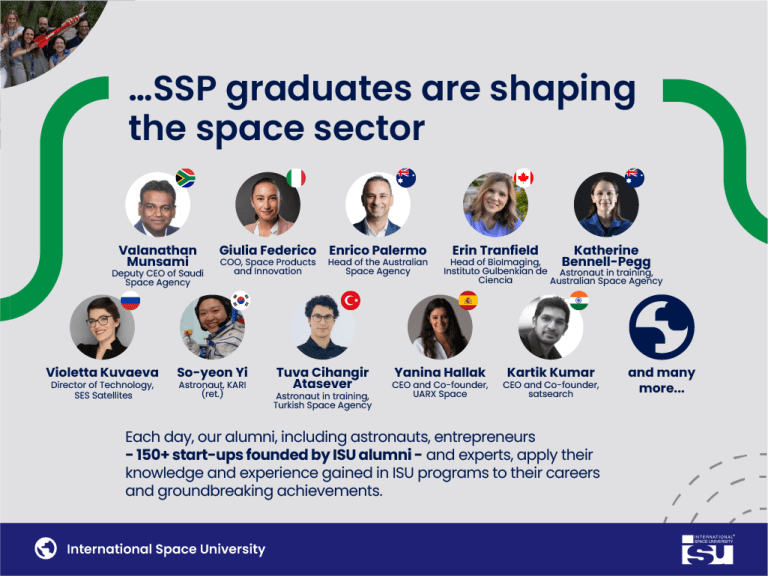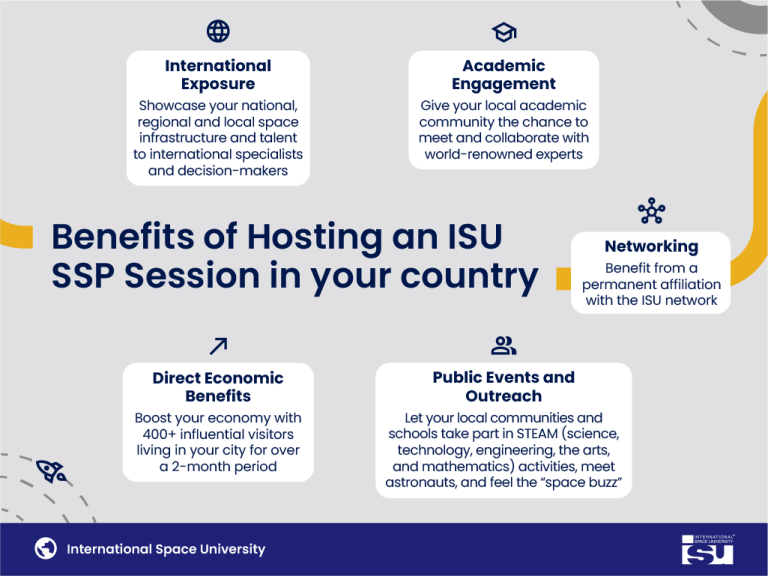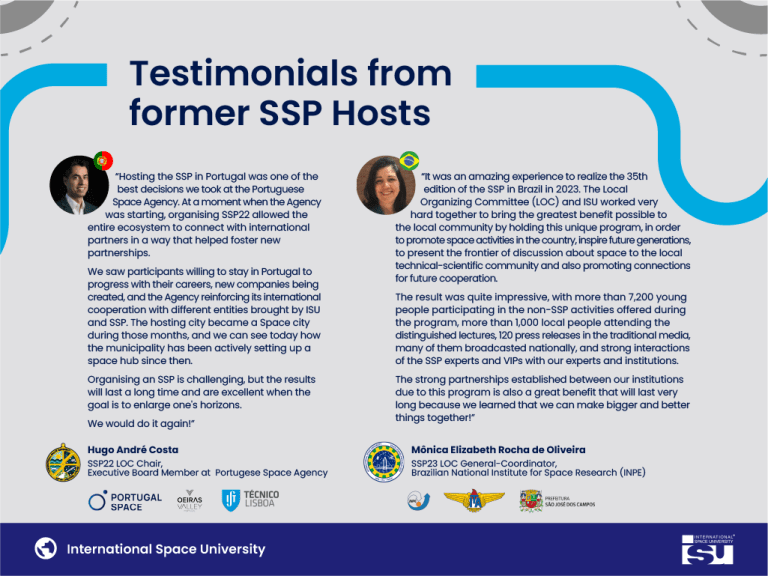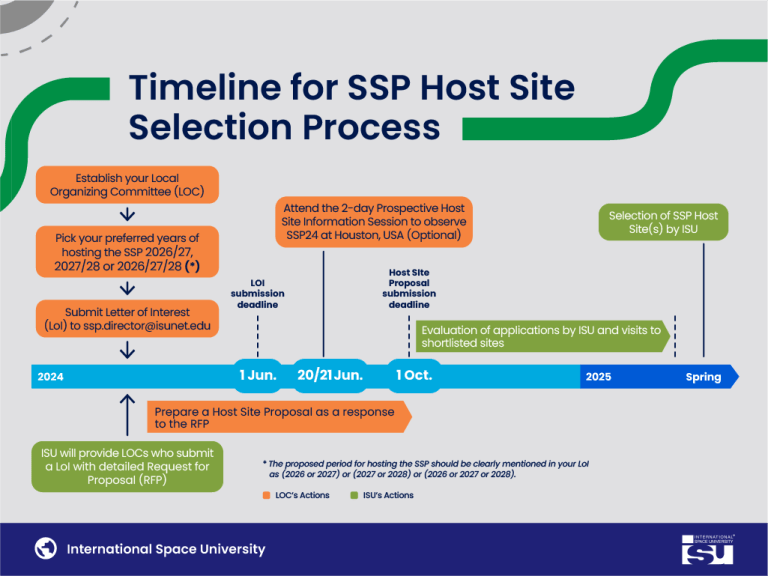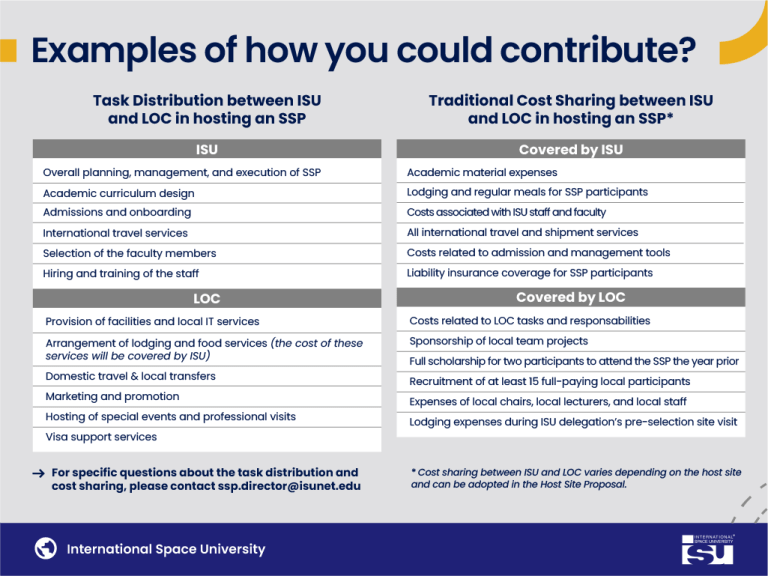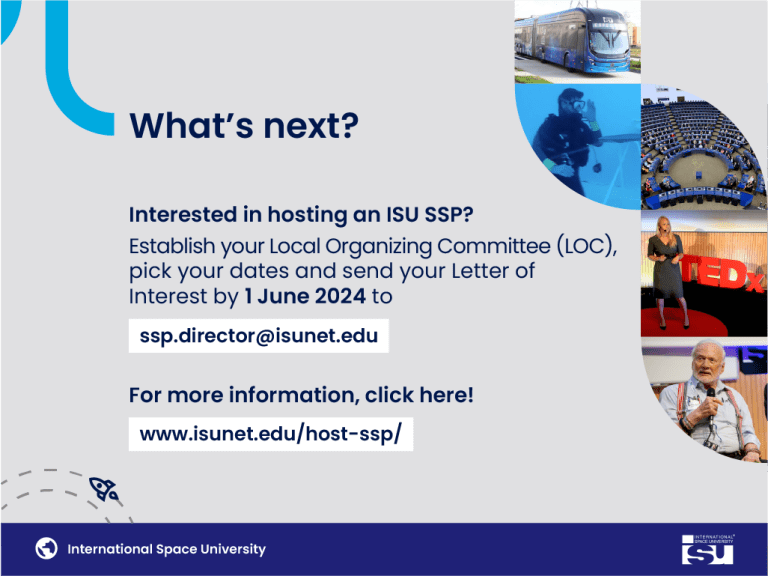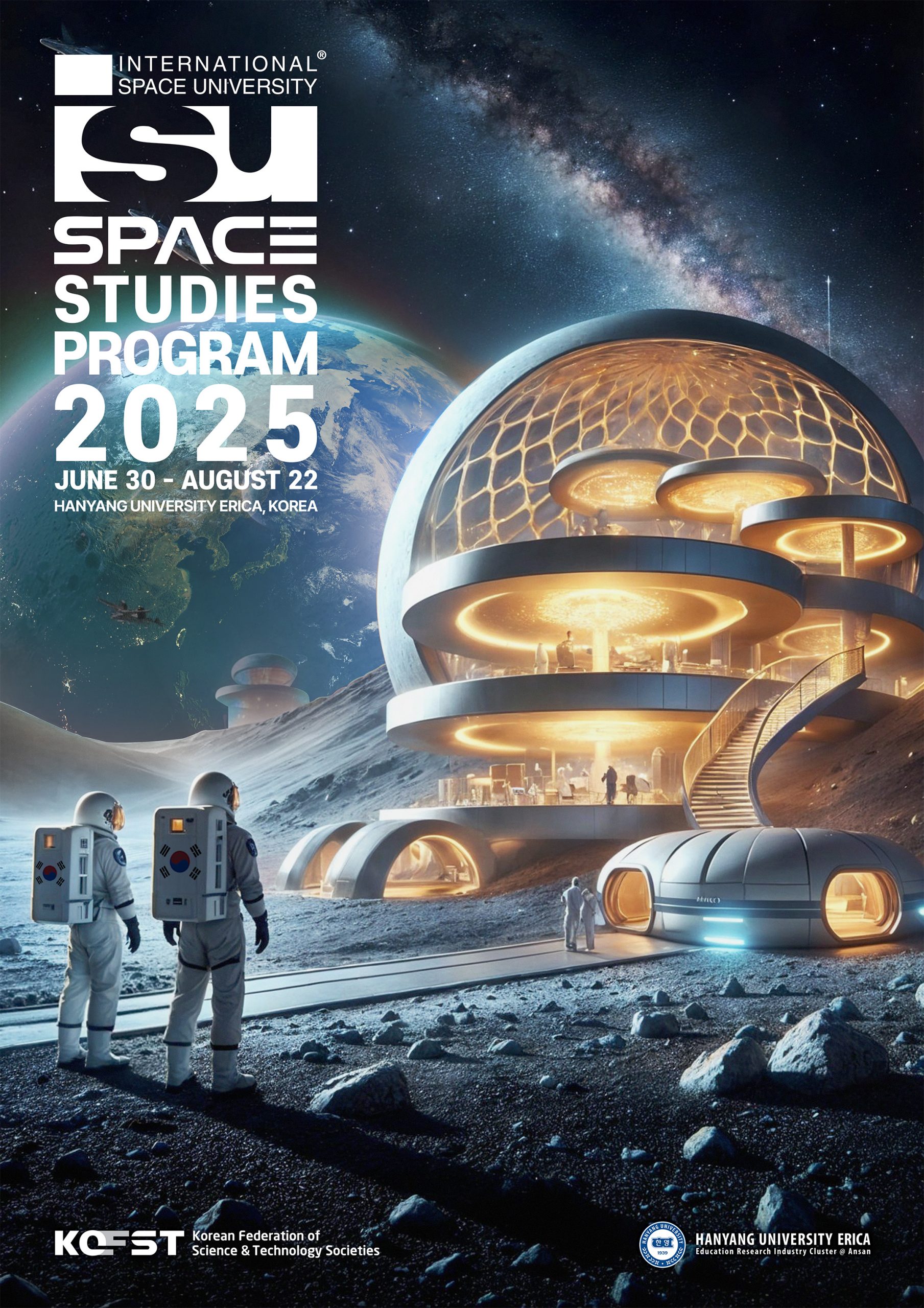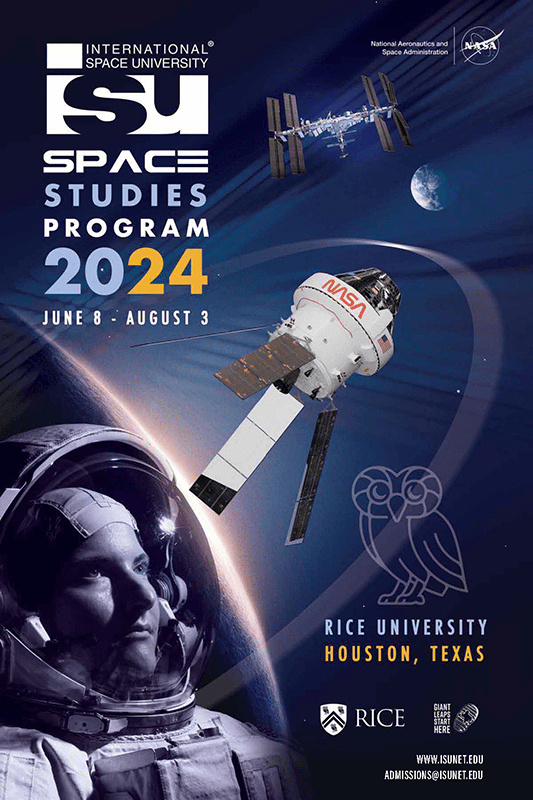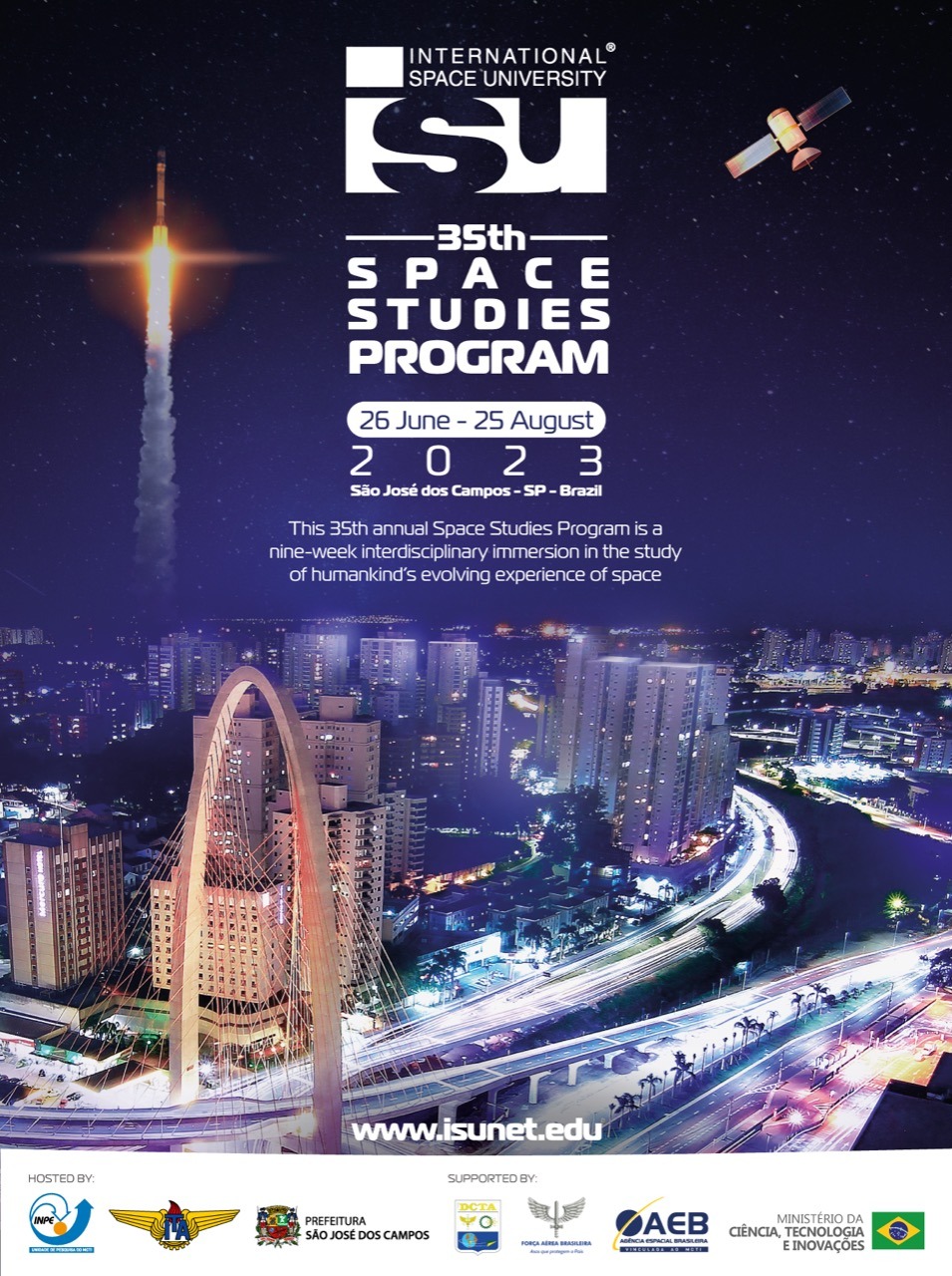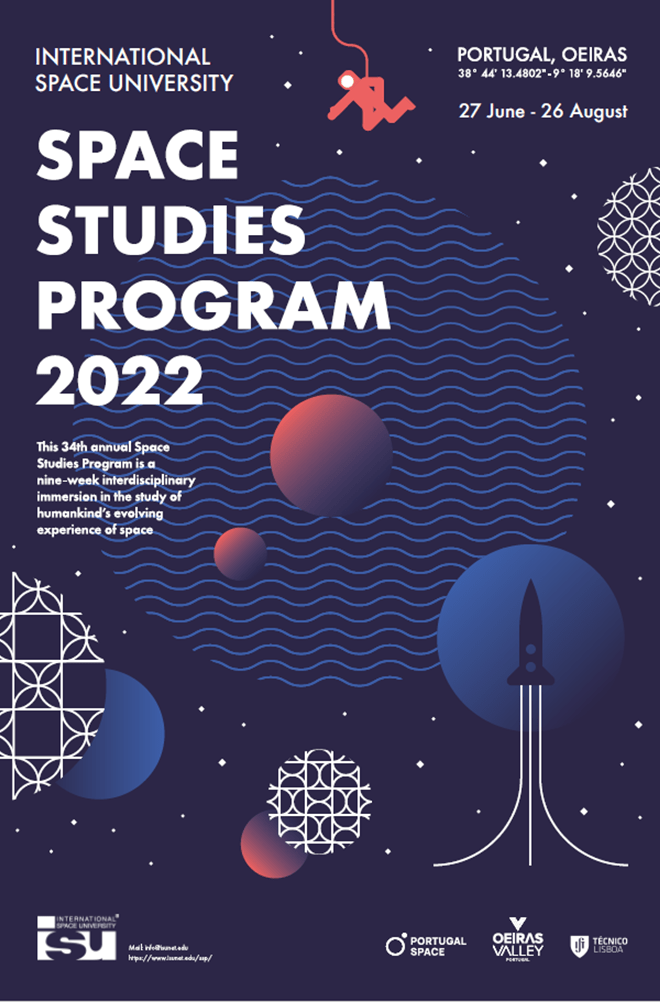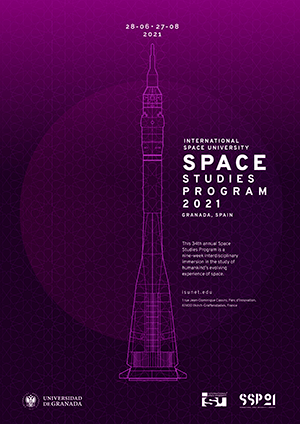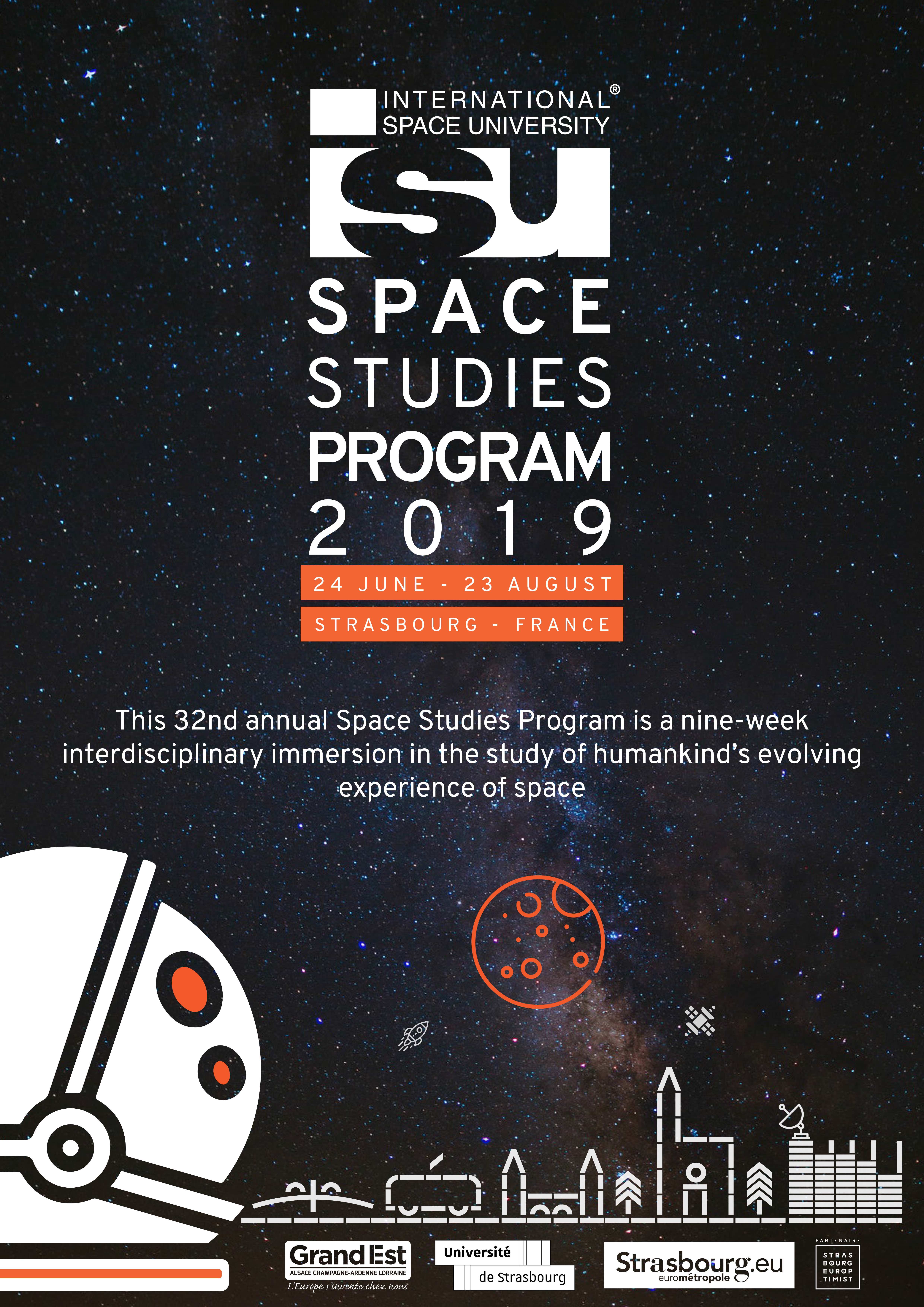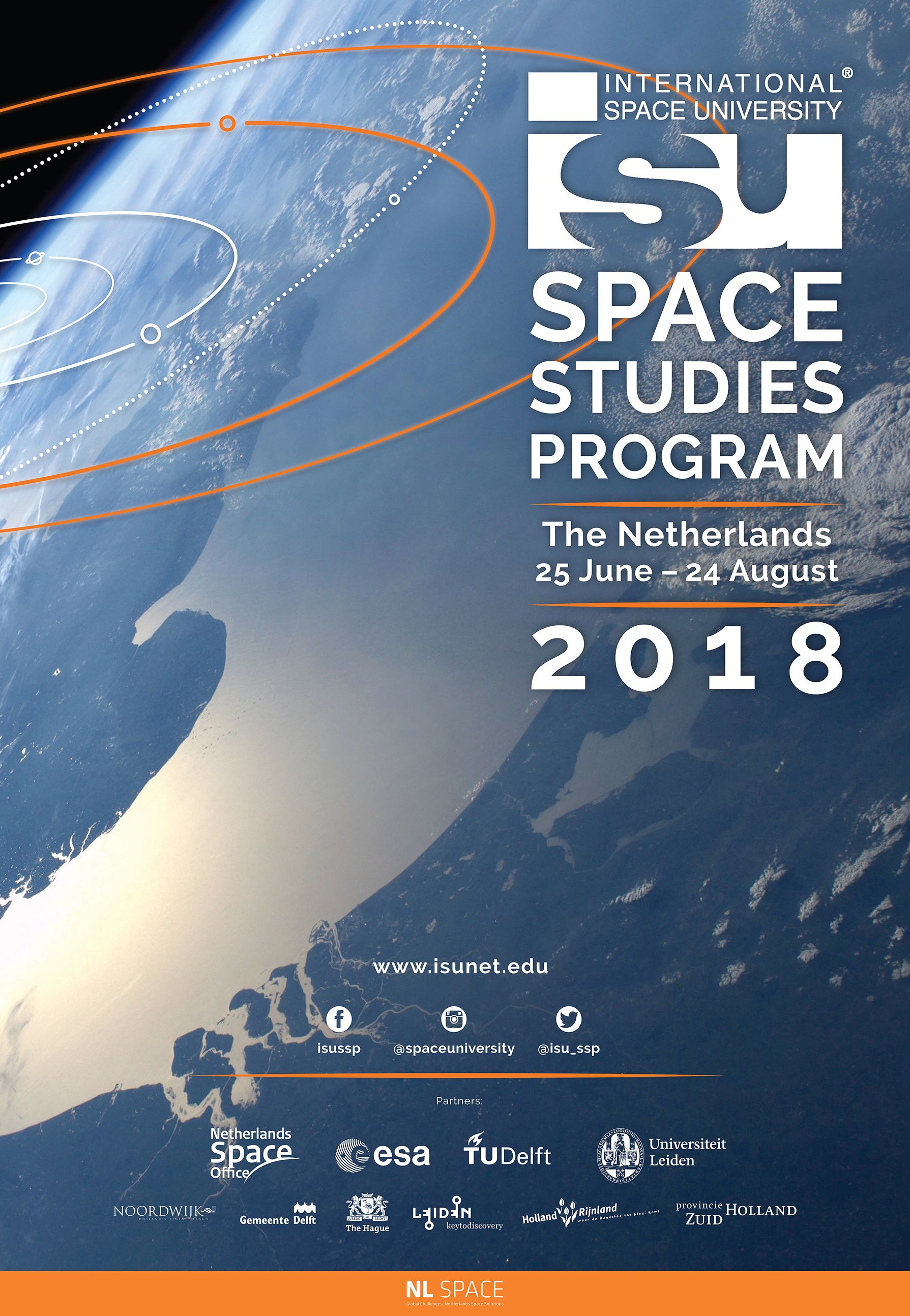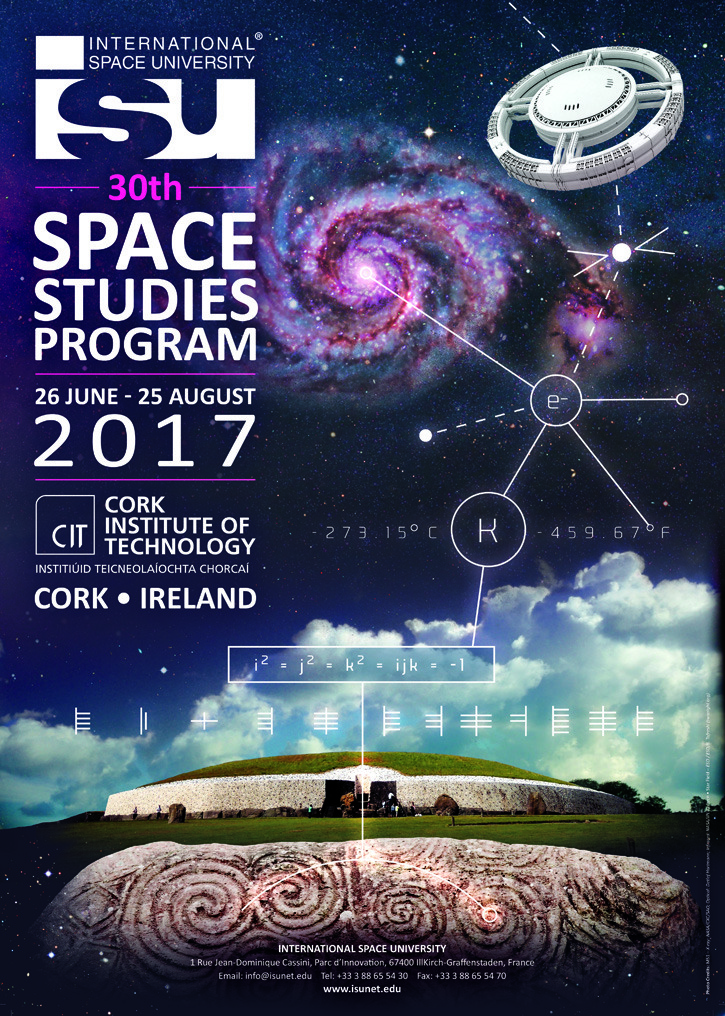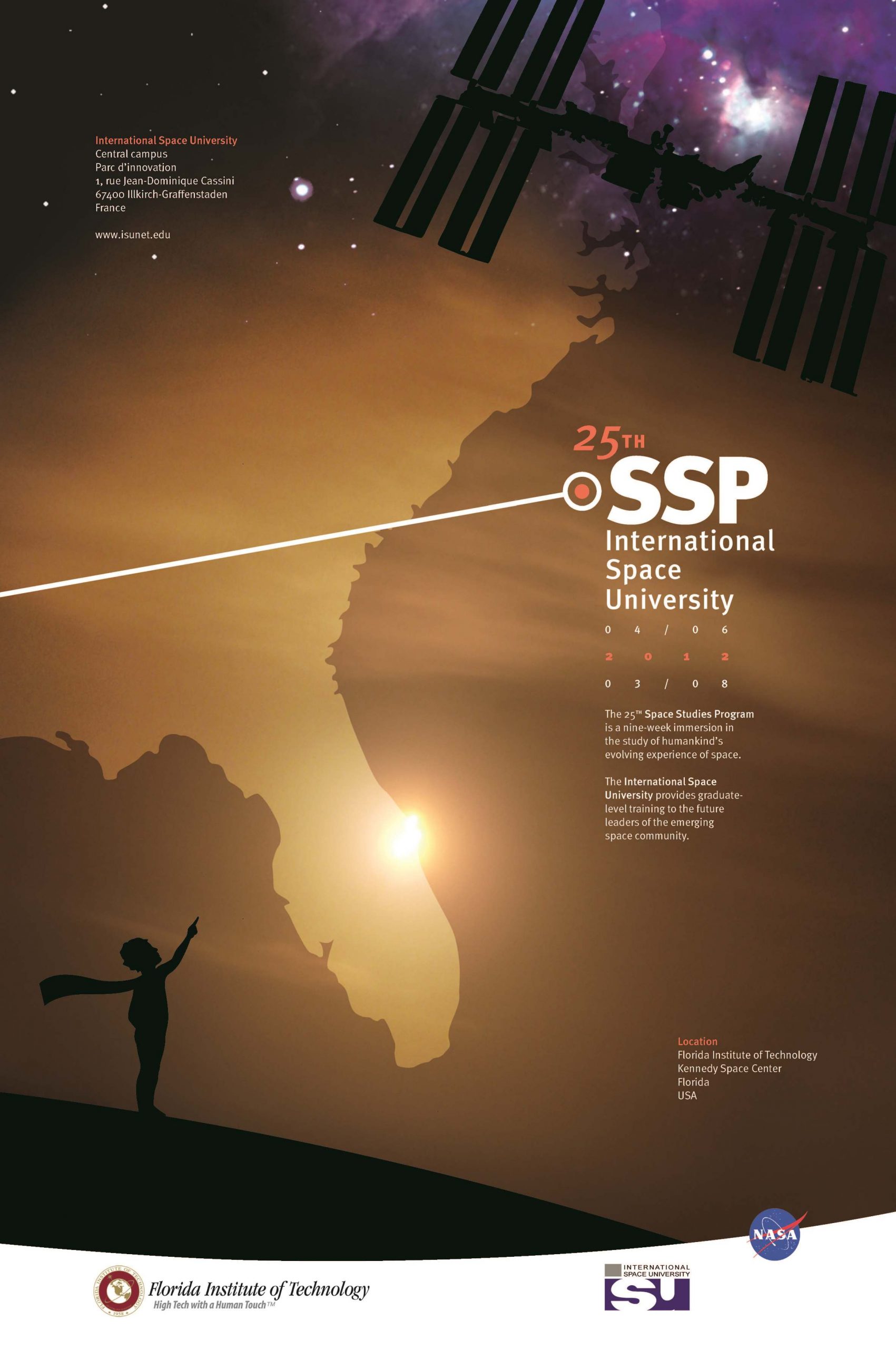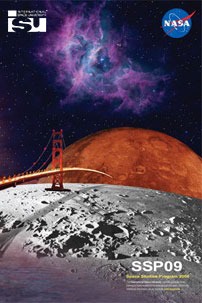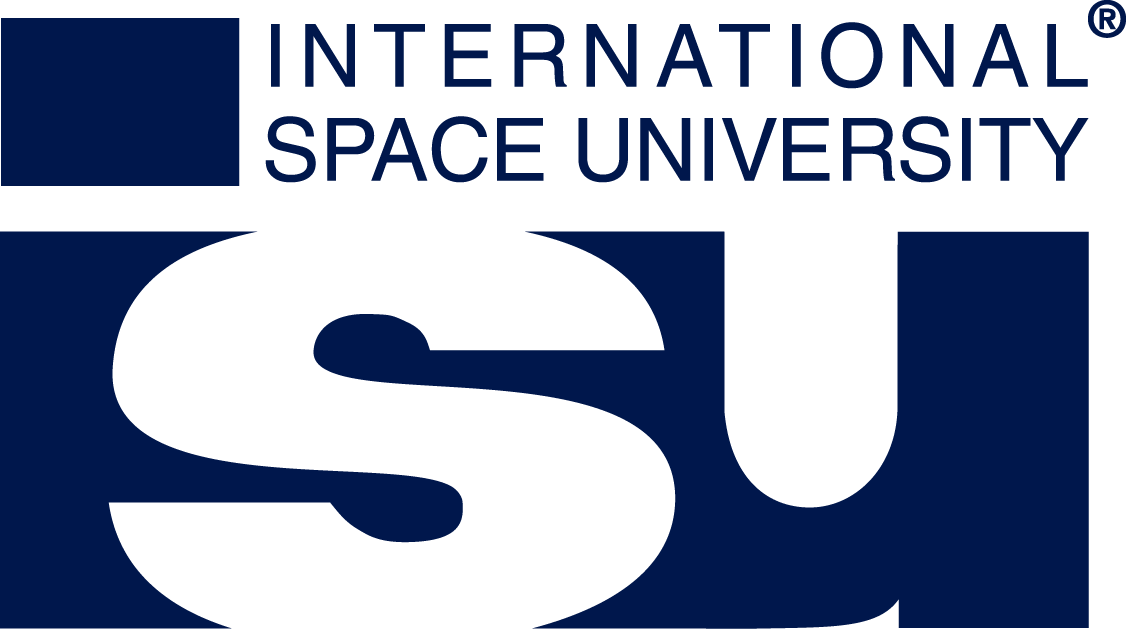Host the SSP in your country!
The International Space University (ISU) has organized the Space Studies Program (SSP) annually since 1987. The SSP is held in different countries around the world with an institution or consortium serving as its Host.
The program brings over 300 professionals representing 40+ countries for a duration of 8 weeks to the host country.
ISU is seeking proposals from organizations interested in hosting the next editions.
More Information Coming Soon ⚠️
We are preparing updated information on how institutions can host ISU’s Space Studies Program (SSP) in the future.
More information coming soon – please stay tuned for updates on requirements, benefits, and the application process.
In the meantime, if you are interested in hosting an SSP or would like to learn more, please submit the form below.
Space Studies Program (SSP)
Unleashing Global Visionaries
The Space Studies Program (SSP) is a unique 8-week professional development program providing graduate students and professionals with an unparalleled educational experience on global space activities.
The program facilitates the development of technical knowledge, skills, and professional network in an interdisciplinary, intercultural, and international setting. The SSP typically attracts 100 to 135 participants, who receive cutting-edge space educational and developmental experience from core lectures, specific department activities, and team project work, provided by over 200 ISU faculty members and visiting lecturers.
SSP Graduates
Shaping the Cosmos

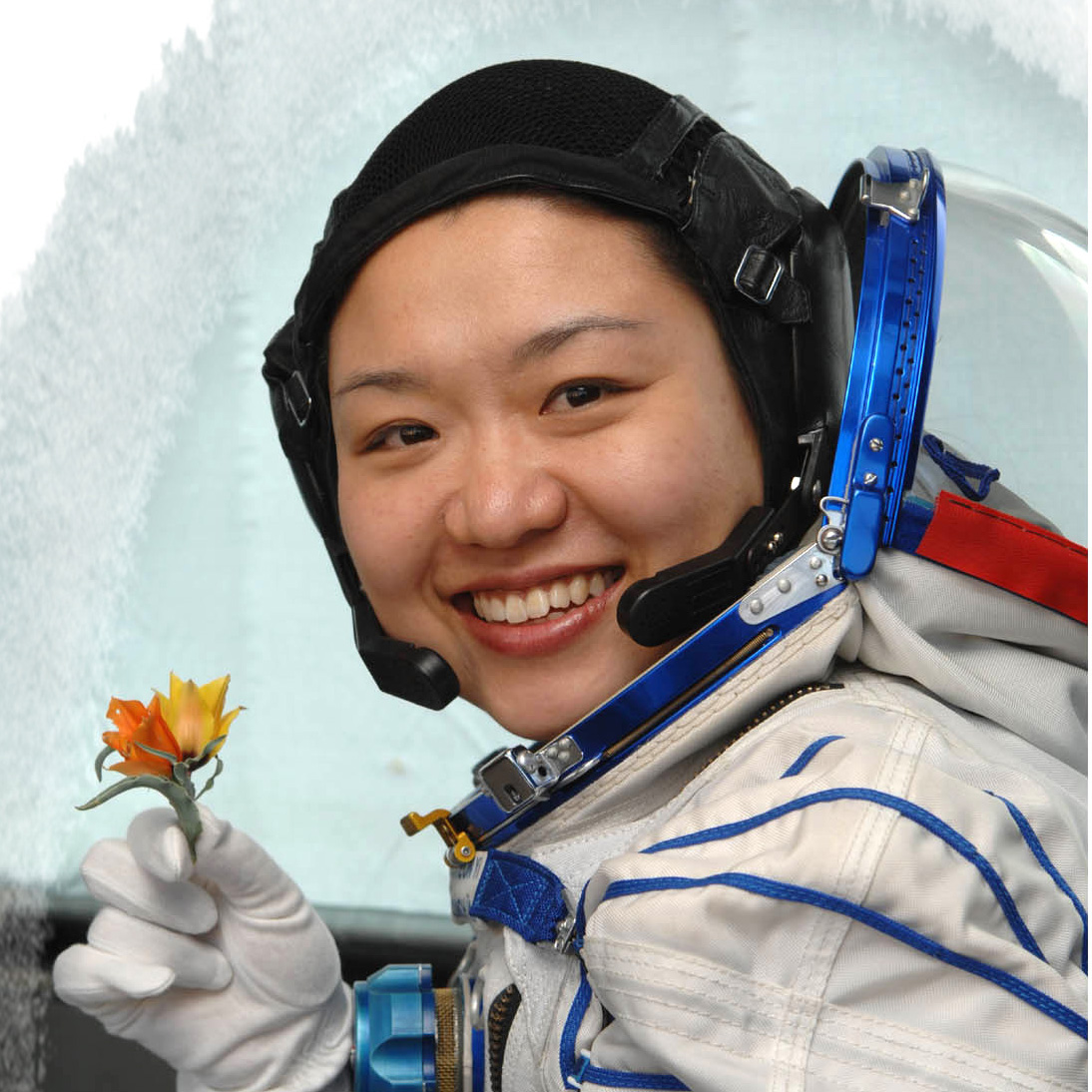


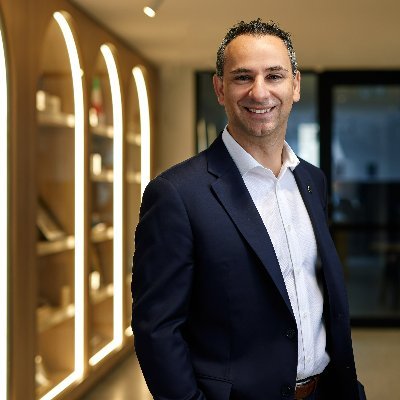

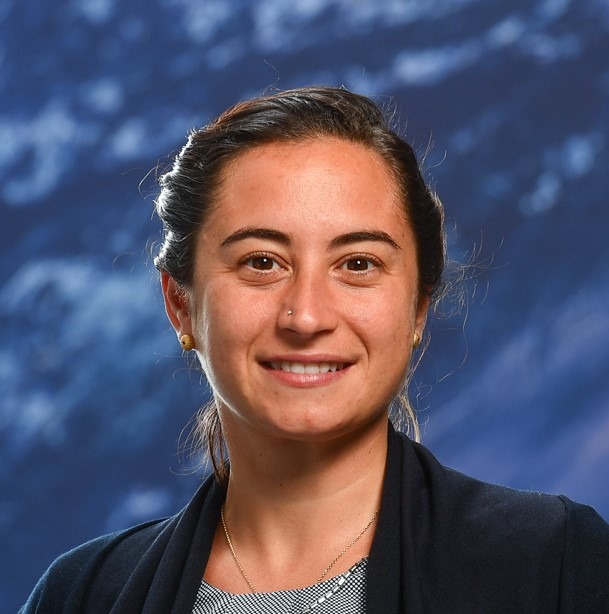
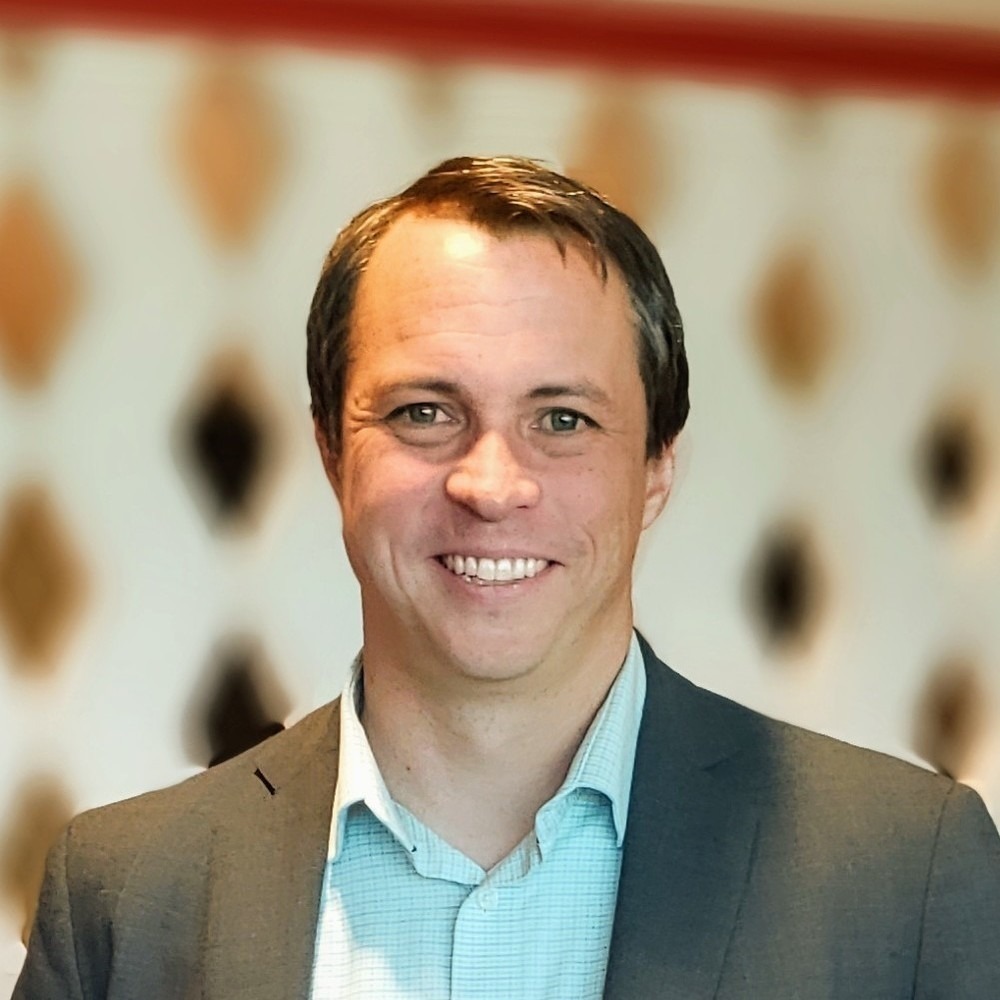




SSP alumni ascend to pivotal roles within the worldwide space landscape, propelling the frontiers of human exploration into the cosmos. Each day, our graduates, including astronauts, entrepreneurs and experts, apply their knowledge and experience gained in ISU programs to their careers and groundbreaking achievements.
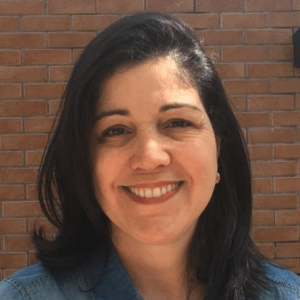
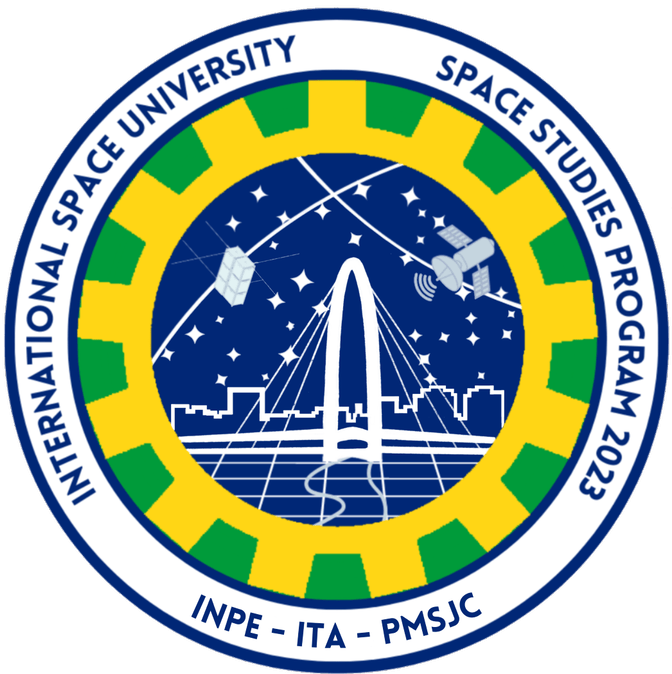
Mônica Elizabeth Rocha de Oliveira
SSP23 LOC General-Coordinator
National Institute for Space Research (INPE)


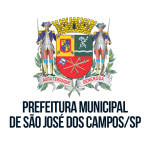
Hosting a SSP Session
Your Gateway to Global Recognition
To provide an opportunity to as many different host sites as possible, the program is held annually in partnership with a different educational or research institution around the world. Below are the locations SSP has been hosted since its inception
ISU invites you to bid for the honor of hosting an SSP session, where you will become synonymous with a highly visible, international event that converges leading space specialists, fostering collaborations and economic benefits.
SSP sessions generally convene in the June-August timeframe. Start and end dates are flexible depending on the availability of the host. In terms of task sharing, SSP hosts provide the facilities and local services whereas ISU is responsible for overall design and execution of the program.
During a typical SSP, ISU purchases between 9,000 and 10,000 lodging nights and between 18,000 and 21,000 meals.
Benefits of hosting an ISU SSP Session
The SSP provides the opportunity for the host to be identified with a highly visible, international event that focuses on space related activities. The SSP attracts leading international space specialists from major space agencies, the private sector or academia to the host site, thus creating opportunities for future collaborations and economic benefits for the host country and local ecosystems. Hosting an SSP brings both tangible and intangible opportunities, events, and socio-economic return to the host by supporting the local economy. It also provides a forum in which local experts can network, often meeting each other for the first time at one of the many SSP public events. Benefits of hosting an SSP include:
The SSP gathers leading international specialists at the host site, providing opportunities for a country’s space-related industries and research groups to showcase their capabilities and strengthen their international network. Local space activities can be made visible to the public and to decision-makers (local, national, and international). In addition, the SSP participants, staff, and faculty will become advocates of the host institution and will continue to make the host institution known throughout the world.
The SSP serves as a means to increase international cooperation and offers a graduate-level specialized program. Local experts are invited to contribute to the curriculum, becoming part of a growing international network of ISU faculty, visiting lecturers, and alumni. Additionally, team projects selected for a given SSP provide the opportunity to address topics of particular interest to the host, engaging the most promising young minds in the space sector. Faculty members from host sites have established valuable academic contacts with visiting lecturers, and many host sites have chosen to grant academic credits to SSP graduates.
SSP brings well over 300 people to the host country, not counting families and accompanying partners, to the host institution’s region during the two-month period in which the SSP is conducted. Most of these visitors have significant purchasing power. About one half of these participants stay in the region for the entire program, while the remainder resides in the area from one day to three weeks. The people participating in an SSP usually require flights, local transportation, accommodation, and meals. In addition, an average of 75 to 100 ISU alumni gather for a three-day ISU alumni conference held during the SSP. A study performed by Adelaide Convention and Tourism Authority (ACTA) estimates that the total economic benefit of SSP04 to Australia is of the order of $4 million Australian dollars.
Numerous opportunities for community outreach occur during each SSP. These can help raise the visibility of the host site space capability in the local community. An SSP can also engage the public through science communication and outreach activities, fostering interest in space exploration and science. Outreach efforts can extend to local schools and communities, promoting STE(A)M education and inspiring future generations. Public events include the model rocket launch competition, the robotics competition, and space-themed public exhibitions. The International Astronaut Panel, Arthur C. Clarke Memorial Panel, distinguished lectures and other panel events are open to the local community.
Each SSP host organization can benefit on a long-term basis from the SSP program in a variety of ways. Previous SSP sessions provide the following practical examples.
- A study performed during an SSP was key to setting up a national space agency in the host country.
- A regional Institute of Space Studies was created as a spin-off of the efforts by the local SSP host.
- A lasting awareness among the local population about the benefits of space applications, after a series of public events (exhibitions, contests, conferences, and panels, etc.) held in conjunction with an SSP.
- Increased long-term opportunity for major events selection at the host site (e.g., selection of Adelaide, a previous SSP host site, to host the prestigious IAC event in 2017)
- A permanent affiliation with the ISU network.
SSP Host Site Selection Process
The following section outlines the process, selection criteria, and timeline of selecting an international host for the SSP.
Hosting the SSP is a collaborative effort involving various public and private entities working alongside ISU to achieve a common objective. The first crucial step involves forming a Local Organizing Committee (LOC) that unites all essential stakeholders as part of a cohesive team.
The subsequent step in hosting an SSP is selecting the year for the event. ISU mandates multi-year validity for proposals. Respondents in this year's call are required to choose one of the following options:
- Proposals valid for hosting SSP either in 2026 or 2027.
- Proposals valid for hosting SSP either in 2027 or 2028.
- Proposals valid for hosting SSP either in 2026 or 2027 or 2028.
Upon the formation of the LOC and deciding the validity period, prospective proponents interested in hosting an SSP must submit a Letter of Interest (LoI) to ISU by no later than June 1, 2024.
The LoI, in PDF format, should be sent to the SSP Director at ssp.director@isunet.edu.
The guidelines for preparing the LoI can be found here.
Upon receiving the Letter of Intent (LoI), ISU will engage with the interested proponent, organizing a virtual meeting to convey necessary details about the proposal process and timeline.
During this meeting, the Request for Proposal (RFP) will be shared, outlining requirements for hosting an SSP. The proponent is then responsible for preparing the Host Site Proposal (HSP), aligning with RFP requirements.
The HSP details commitments, including guarantees from host country authorities and other stakeholders, covering aspects such as general information, local facilities, transportation, lodging, food service, general support, academic and administrative facilities, and local academic involvement.
Throughout the HSP preparation, ISU will assist proponents, culminating in a Prospective Host Site Information Session during SSP24 on June 20-21, 2024.
The prospective hosts are invited to come to Houston, USA, to observe SSP24 in person, providing an opportunity for direct communication and idea exchange with SSP stakeholders, including the SSP24 LOC.
Proponents are expected to submit their official HSPs to ISU by October 1, 2024. The submissions will undergo competitive evaluation based on academic, logistical, financial, and strategic criteria.
A short-list of countries will be selected for on-site verification of commitments through site visits scheduled for November-December 2024.
The final evaluation, presented to the ISU Board of Trustees in February 2025, will determine the host site for SSP26 (and tentatively for 2027 and/or 2028).

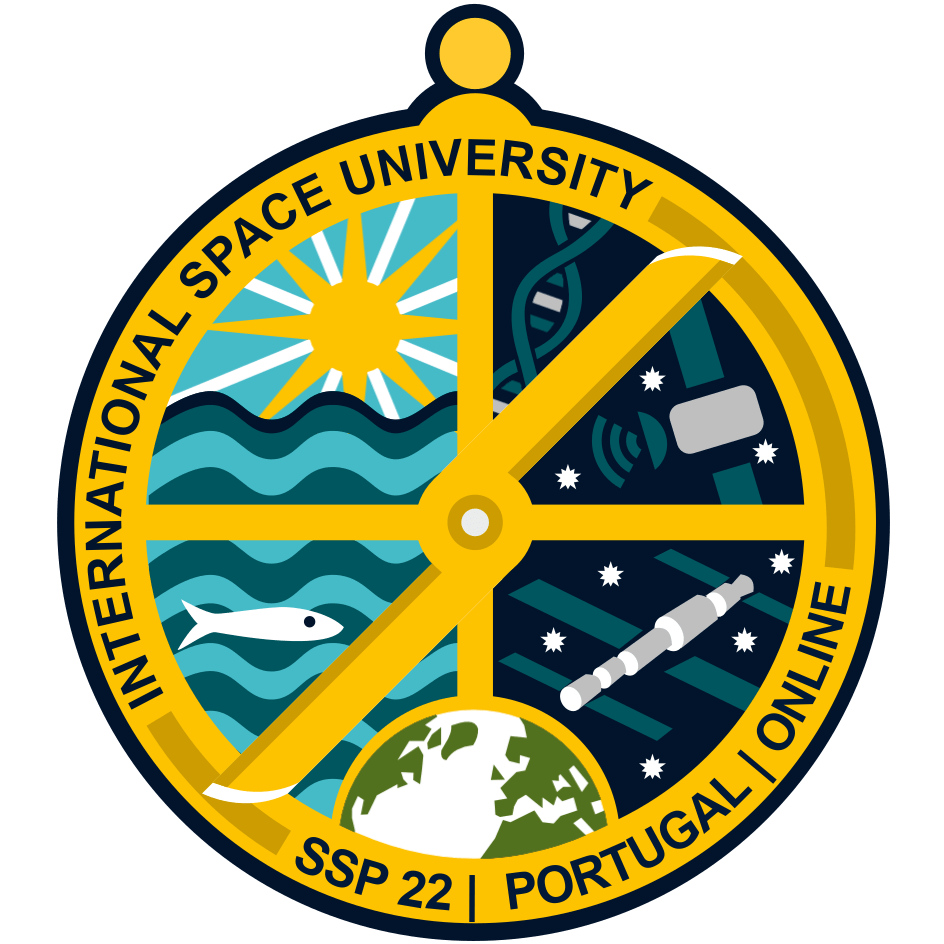
“Hosting the SSP in Portugal was one of the best decisions we took at the Portuguese Space Agency. At a moment when the Agency was starting, organising SSP22 allowed the entire ecosystem to connect with international partners in a way that helped foster new partnerships.
We saw participants willing to stay in Portugal to progress with their careers, new companies being created, and the Agency reinforcing its international cooperation with different entities brought by ISU and SSP. The hosting city became a Space city during those months, and we can see today how the municipality has been actively setting up a space hub since then.
Organising an SSP is challenging, but the results will last a long time and are excellent when the goal is to enlarge one’s horizons.
We would do it again!”
Hugo André Costa
SSP22 LOC Chair
Executive Board Member at Portuguese Space Agency



Task Distribution and Cost Sharing
The following sections summarize the task distribution and cost sharing between ISU and LOC for the organization of the SSP. Further details of each line will be provided to the Proponents as part of the RFP after their submission of the LoI.
Task Distribution between ISU and LOC in hosting an SSP
ISU
-
Overall planning, management, and execution of SSP
-
Academic curriculum design
-
Admissions and onboarding
-
International travel services
-
Selection of the faculty members
-
Hiring and training of the staff
LOC
-
Provision of facilities and local IT services
-
Arrangement of lodging and food services
(the cost of these services will be covered by ISU) -
Domestic travel & local transfers
-
Marketing and promotion
-
Hosting of special events and professional visits
-
Visa support services
Traditional Cost Sharing between ISU and LOC in hosting an SSP*
Covered by ISU
-
Academic material expenses
-
Costs associated with ISU staff and faculty
-
Lodging and regular meals for SSP participants
-
All international travel & shipment services
-
Costs related to admission and management tools
-
Liability insurance coverage for SSP partakers
Covered by LOC
-
Costs related to LOC tasks and responsibilities
-
Sponsorship of local team projects
-
Full scholarship for two participants to attend the SSP the year prior
-
Recruitment of at least 15 full-paying local participants
-
Expenses of local chairs, local lecturers, and local staff
-
Lodging expenses during ISU delegation's pre-selection site visit
* Cost sharing between ISU and LOC varies depending on the host site and can be adopted in the Host Site Proposal.
